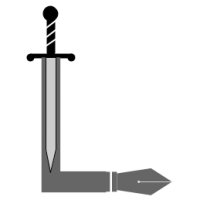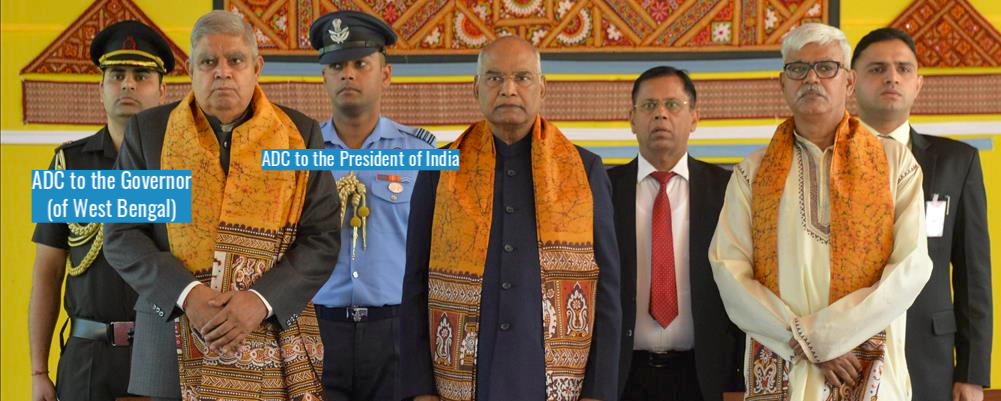This article deals with the Provisions of Article 356 of the Constitution of India and talks about President’s Rule in States.
What is Article 356 of the Constitution of India?
Art. 356: Provisions in case of failure of constitutional machinery in State
(1) If the President, on receipt of report from the Governor of the State or otherwise, is satisfied that a situation has arisen in which the government of the State cannot be carried on in accordance with the provisions of this Constitution, the President may by Proclamation:
(a) assume to himself all or any of the functions of the Government of the State and all or any of the powers vested in or exercisable by the Governor or any body or authority in the State other than the Legislature of the State;
(b) declare that the powers of the Legislature of the State shall be exercisable by or under the authority of Parliament;
(c) make such incidental and consequential provisions as appear to the president to be necessary or desirable for giving effect to the objects of the Proclamation, including provisions for suspending in whole or in part the operation of any provisions of this constitution relating to any body or authority in the State Provided that nothing in this clause shall authorize the President to assume to himself any of the powers vested in or exercisable by a High Court, or to suspend in whole or in part the operation of any provision of this Constitution relating to High Courts
(2) Any such Proclamation may be revoked or varied by a subsequent Proclamation
(3) Every Proclamation issued under this article except where it is a Proclamation revoking a previous Proclamation, cease to operate at the expiration of two months unless before the expiration of that period it has been approved by resolutions of both Houses of Parliament Provided that if any such Proclamation (not being a Proclamation revoking a previous Proclamation) is issued at a time when the House of the People is dissolved or the dissolution of the House of the People takes place during the period of two months referred to in this clause, and if a resolution approving the Proclamation has been passed by the Council of States, but no resolution with respect to such Proclamation has been passed by the House of the People before the expiration of that period, the Proclamation Shall cease to operate at the expiration of thirty days from the date on which the House of the People first sits after its reconstitution unless before the expiration of the said period of thirty days a resolution approving the Proclamation has been also passed by the House of the People
(4) A Proclamation so approved shall, unless revoked, cease to operate on the expiration of a period of six months from the date of issue of the Proclamation: Provided that if and so often as a resolution approving the continuance in force of such a Proclamation is passed by both Houses of Parliament, the Proclamation shall, unless revoked, continue in force for a further period of six months from the date on which under this clause it would otherwise have ceased to operating, but no such Proclamation shall in any case remain in force for more than three years: Provided further that if the dissolution of the House of the People takes place during any such period of six months and a resolution approving the continuance in force of such Proclamation has been passed by the Council of States, but no resolution with respect to the continuance in force of such Proclamation has been passed by the House of the People during the said period, the Proclamation shall cease to operate at the expiration of thirty days from the date on which the House of the People first sits after its reconstitution unless before the expiration of the said period of thirty days a resolution approving the continuance in force of the Proclamation has been also passed by the House of the People
(5) Notwithstanding anything contained in clause ( 4 ), a resolution with respect to the continuance in force of a Proclamation approved under clause ( 3 ) for any period beyond the expiration of one year from the date of issue of such proclamation shall not be passed by either House of Parliament unless
(a) a Proclamation of Emergency is in operation, in the whole of India or, as the case may be, in the whole or any part of the State, at the time of the passing of such resolution, and
(b) the Election Commission certifies that the continuance in force of the Proclamation approved under clause ( 3 ) during the period specified in such resolution is necessary on account of difficulties in holding general elections to the Legislative Assembly of the State concerned: Provided that in the case of the Proclamation issued under clause ( 1 ) on the 6 th day of October, 1985 with respect to the State of Punjab, the reference in this clause to any period beyond the expiration of two years
What does the President’s Gazette Notification look like?
When the President takes over control of any State, he/she issues a gazette notification. The following is a sample of the Gazette Notification issued by Ram Nath Kovind when imposing President’s Rule in Maharashtra upon failure of any party / parties being able to form the government in Maharashtra on 12-Nov-2019.
213818Where can I check the Gazette Notifications of President’s Rule?
You can search for gazette notifications on https://egazette.nic.in which is the official Government Press Website for issue of Gazette Notifications.

